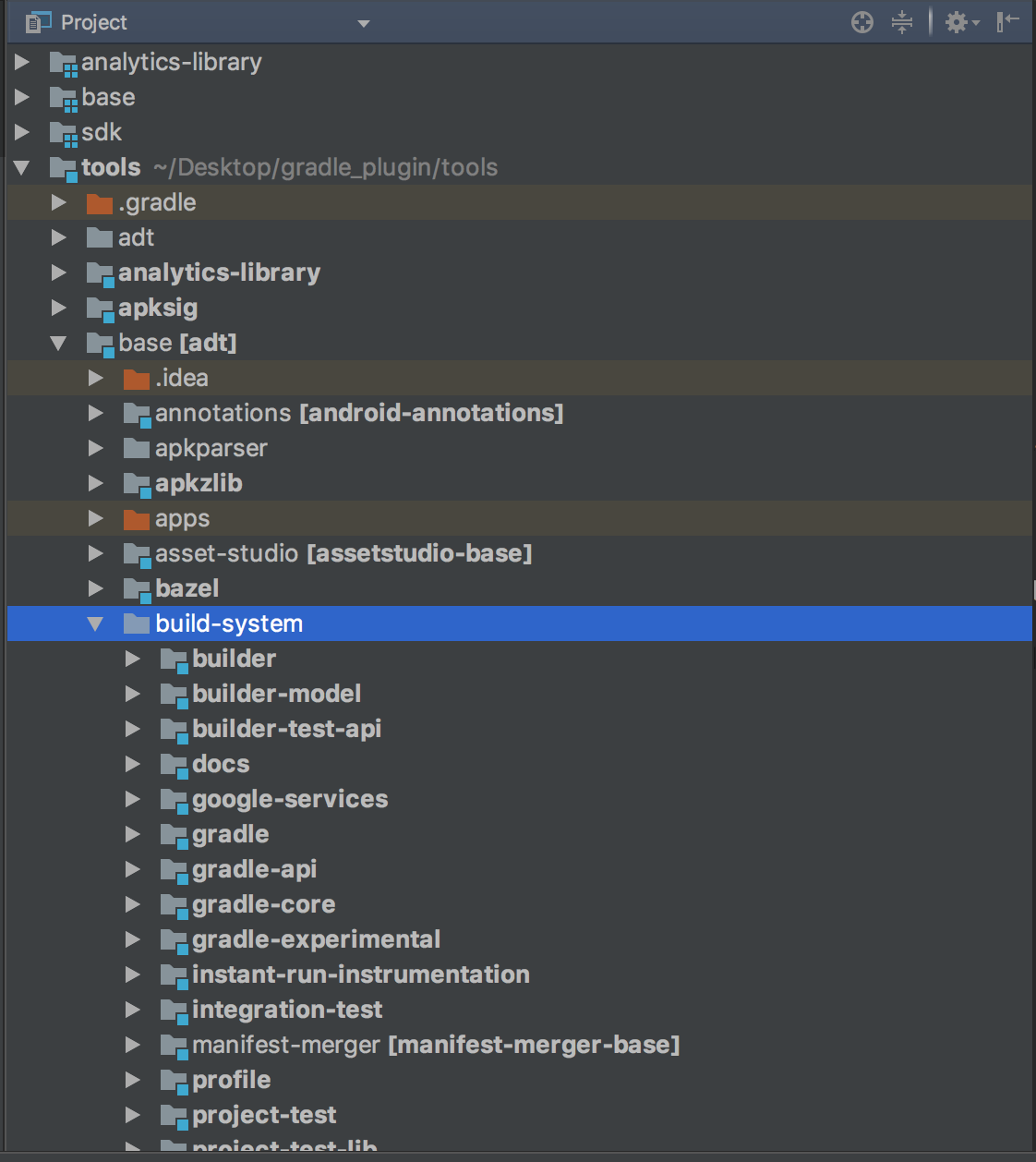

As a general rule, projects that use stable versions of AGP can be opened with newer versions of Android Studio. However we will keep releasing Android Studio and Android Gradle plugin together for the foreseeable future.Ĭompatibility between Android Studio and Android Gradle plugin remains unchanged. With this change, the AGP version number will be decoupled from the Android Studio version number. While it may also run on Gradle 8.x, this is not guaranteed and will depend on whether 8.x removes APIs that AGP relies on. This alignment indicates that AGP 7.x is meant to work with Gradle 7.x APIs. This will give developers roughly a year to migrate and test their plugins with the new API before the old API is removed.Īlignment with Gradle's version is also why we're skipping versions 5 and 6, and moving directly to AGP 7.0.0. Moreover, in the case of a breaking change, we will ensure that the removed API is marked with about a year in advance and that its replacement is available at the same time. We intend to release one major version each year, right after Gradle introduces its own yearly major release. What this means is that only major version changes will break API compatibility. With AGP 7.0.0 we are adopting the principles of semantic versioning. In this blog post we'll explain the reasons for the change, as well as give a preview of some important changes we're making to our new, incubating Android Gradle plugin APIs and DSL. With this release we are adjusting the version numbering for our Gradle plugin and decoupling it from the Android Studio versioning scheme. Today marks the release of the first Canary version of Android Studio Arctic Fox (2020.3.1), together with Android Gradle plugin (AGP) version 7.0.0-alpha01.


 0 kommentar(er)
0 kommentar(er)
